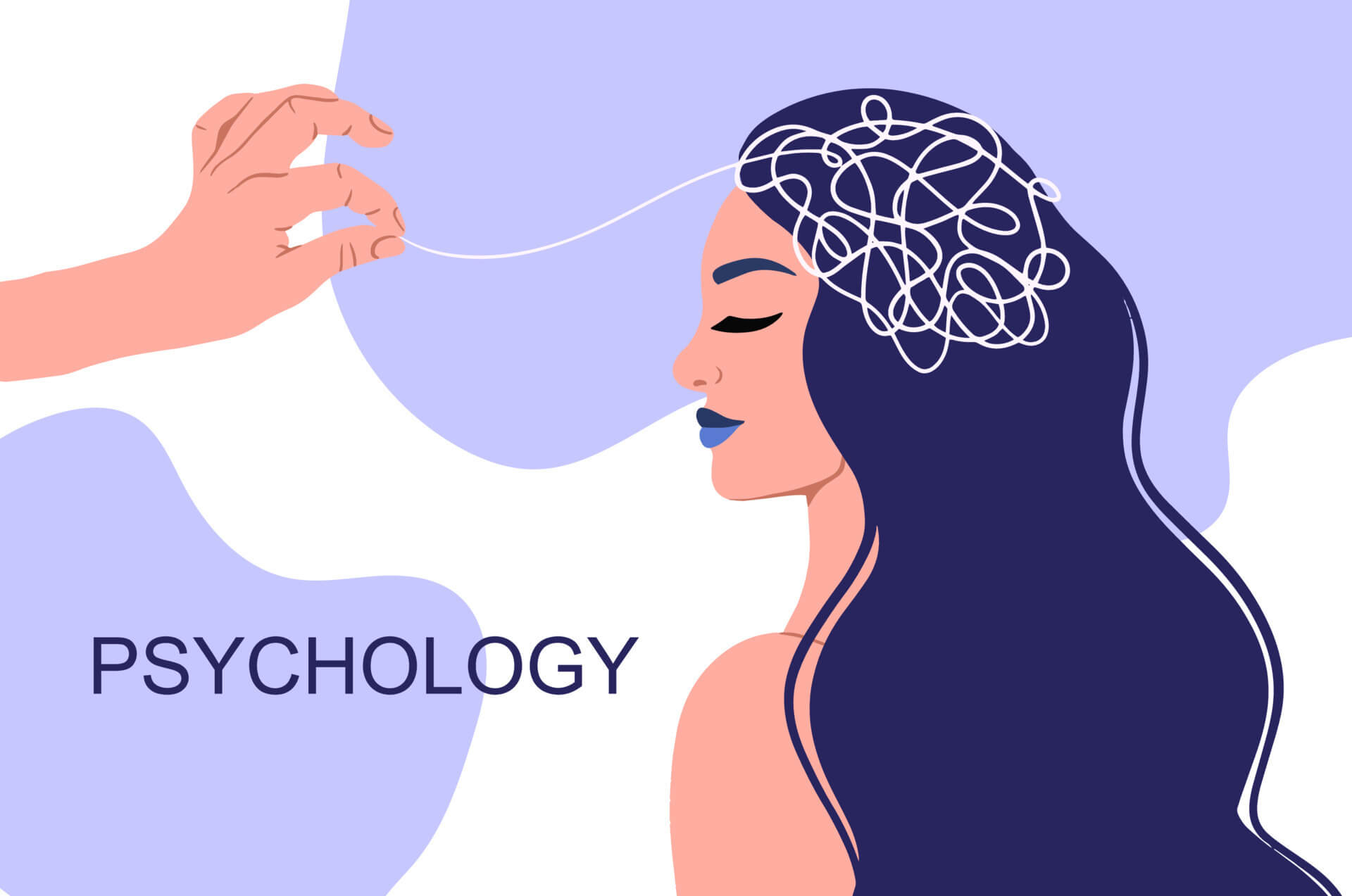Psychology has profoundly impacted society through its evolution and application across various domains. This influence can be traced back to its early roots and has continued to shape social norms, public policies, and individual behaviors up to the present day.
Origins of Psychology
The field of psychology began gaining traction in the late 19th century, focusing on how social factors influence individual behavior. Pioneers like Gustave Le Bon explored crowd psychology, while Kurt Lewin introduced field theory, emphasizing the interplay between individuals and their social environments. The classic era of psychology (1930s-1950s) saw significant developments, including Solomon Asch’s conformity experiments and Stanley Milgram’s studies on obedience, which revealed the extent to which social pressures can dictate behavior.
Evolution Through Decades
From the 1960s onward, psychology diversified into areas such as social cognition and behavioral economics. Researchers like Daniel Kahneman and Amos Tversky explored cognitive biases that affect decision-making, leading to insights that have influenced everything from marketing strategies to public policy. The late 20th century marked a shift toward interdisciplinary approaches, integrating insights from sociology, anthropology, and neuroscience into psychological research.
Societal Impact
Psychology provides a framework for understanding the complex factors that shape human behavior. This understanding has been instrumental in addressing societal issues such as poverty and violence. For instance, psychologists have highlighted the mental health impacts of socioeconomic disparities, advocating for policies that address these challenges. The American Psychological Association has actively committed to tackling issues stemming from deep poverty, recognizing its detrimental effects on both physical and mental health.
Promoting Social Justice
Psychology has also played a crucial role in promoting social justice. Community psychology emerged in the 1960s as a response to discrimination and inequality, focusing on the mental health needs of marginalized groups and advocating for policy changes that protect these populations. Research linking discrimination to mental health issues has led to increased awareness and initiatives aimed at reducing stigma and improving support systems for affected individuals.
Influencing Public Policy
Psychological research has informed numerous public policies aimed at improving societal well-being. For example, findings from behavioral economics have led to the development of “nudging” strategies that encourage healthier lifestyle choices among populations. Additionally, psychologists contribute essential insights into areas like education, healthcare, and criminal justice reform by providing evidence-based recommendations that enhance service delivery and outcomes.
Contemporary Developments
In recent years, psychology has adapted to technological advancements by exploring new domains such as cyberpsychology. This field examines how online interactions affect mental health and behavior, addressing issues like cyberbullying and addiction to social media. The rise of social media has also prompted psychologists to study its impact on self-perception and interpersonal relationships.
Focus on Implicit Bias
The study of implicit biases has gained prominence in contemporary psychology. Tools like the Implicit Association Test (IAT) have helped reveal unconscious prejudices that influence behavior in various contexts, including hiring practices and legal judgments. This research is crucial for fostering self-awareness and promoting equitable treatment across different societal sectors.
Conclusion
Overall, psychology has significantly shaped modern society by enhancing our understanding of human behavior, advocating for social justice, informing public policy, and adapting to contemporary challenges. Its ongoing evolution continues to influence how individuals interact with one another and how societies address complex issues related to mental health and well-being.

